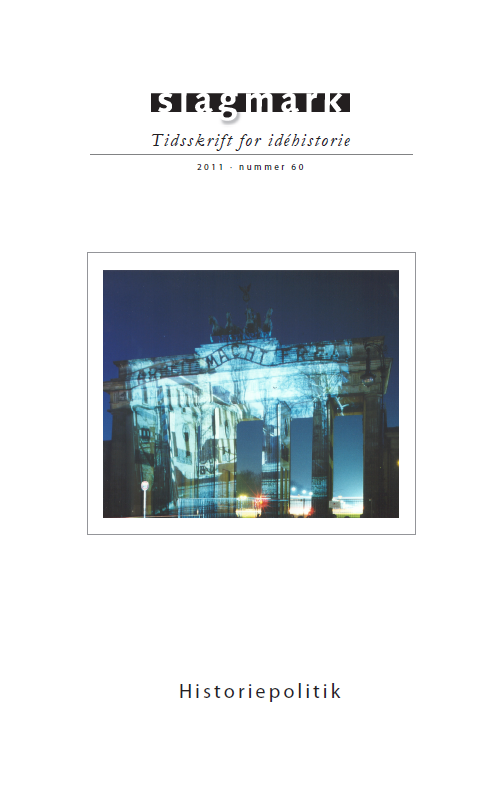Skabelsen af fortiden i Kigali Genocide Memorial Center
DOI:
https://doi.org/10.7146/sl.v0i60.103986Keywords:
Memorial Museums, Rwanda, Memory, Politics of Regret, GenocideAbstract
Emerging from the extremely violent 20th century, memorial museums are a new form of commemoration, created to both commemorate and educate about past genocide, human rights abuses and other injustices with the goal of instilling in their visitors an ethic of “never again.” However, these ambitious goals are often compromised by the politics behind the creation of memorial museums. The focus of this paper is on the ways in which memorial museums produce history according to the dictates, needs and desires of the regimes that build them, using the example of the Kigali Genocide Memorial Center in Rwanda. Despite the fact that the Kigali Center commemorates the 1994 Rwandan genocide using the increasingly familiar, global memorial museum form, it reveals much more about current Rwandan politics and the government’s hopes for the future of Rwanda than it does confront the terrible past.Published
2018-03-09
How to Cite
Sodaro, A. (2018). Skabelsen af fortiden i Kigali Genocide Memorial Center. Slagmark - Tidsskrift for idéhistorie, (60), 28–40. https://doi.org/10.7146/sl.v0i60.103986
Issue
Section
Tema





